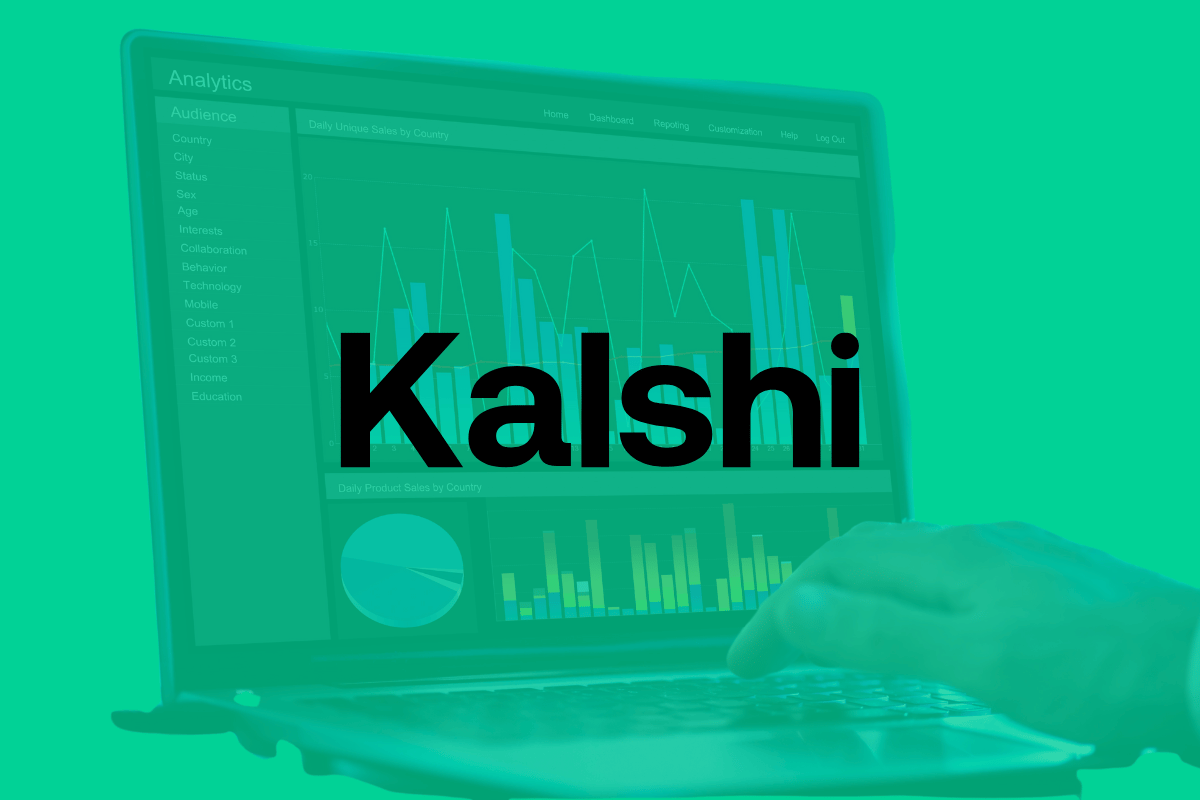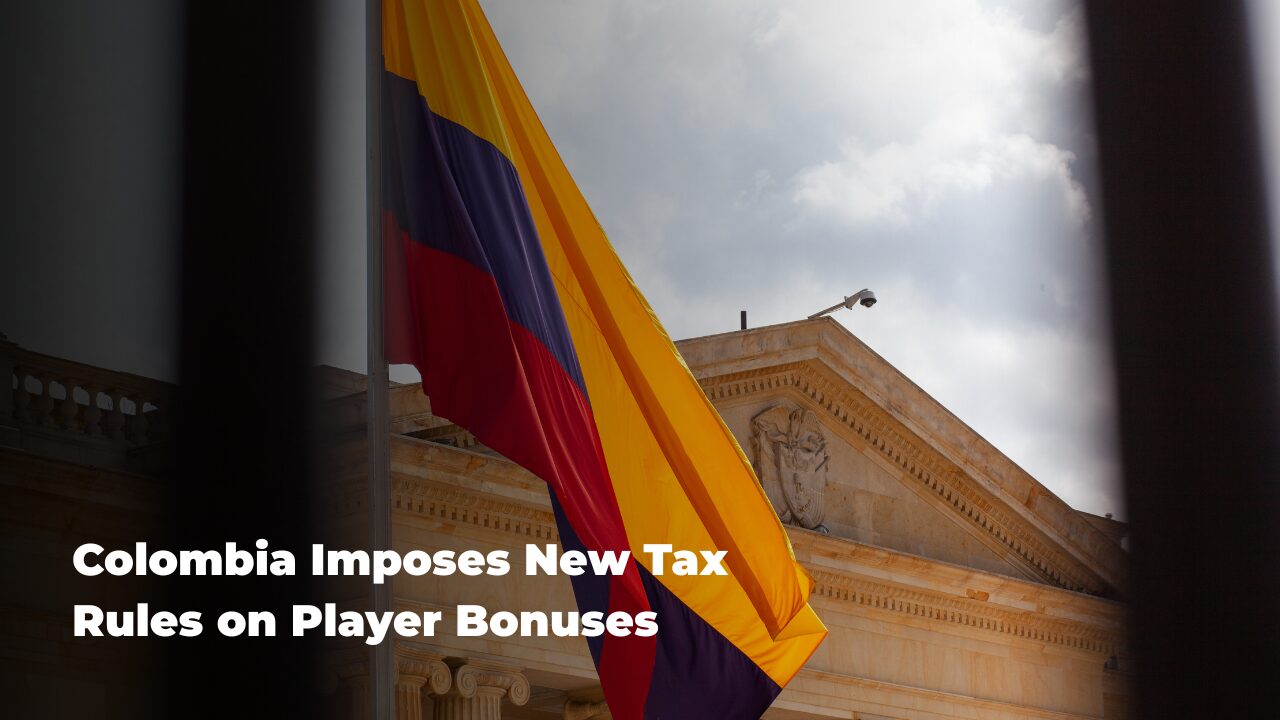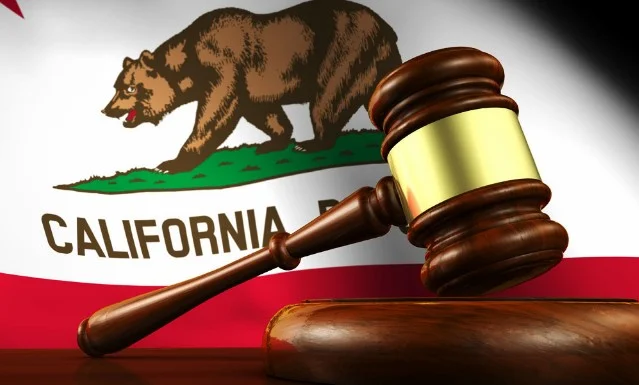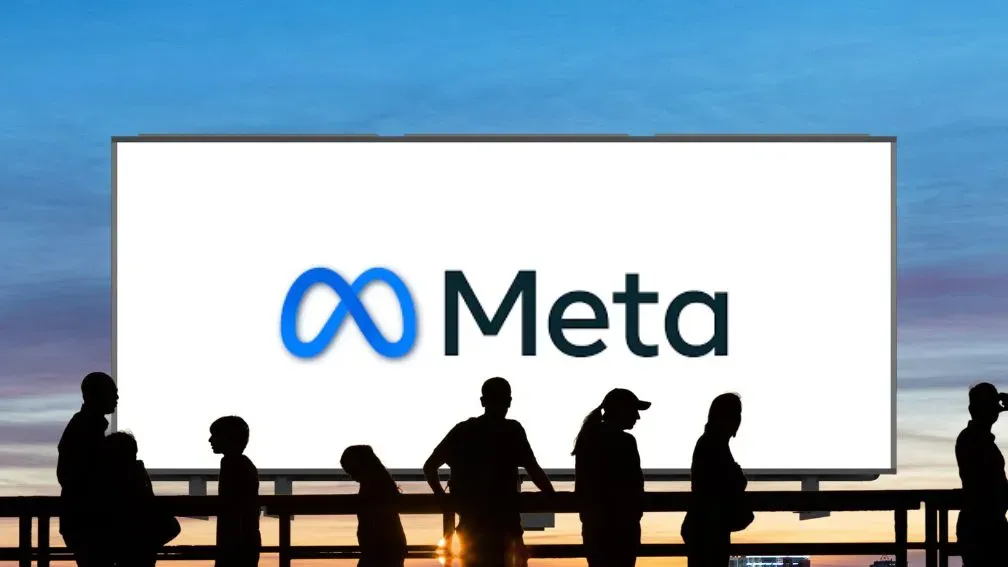Kalshi has come under legal scrutiny over its use of betting terminology. While the company positions itself as a financial platform, the use of terms like odds and bet has led critics to argue that it resembles sports betting more than financial trading.
At a recent gaming conference, Kalshi’s lawyer, Josh Sterling, claimed that prediction markets differ from sports betting because “no odds are being set.” However, the company’s critics argue that their marketing language is contradictory. This suggests that Kalshi is trying to distance itself from the gambling industry while still using its terminology.
Marketing Language Raises Questions
Kalshi’s marketing tactics have fueled confusion about the platform’s nature. The company has used phrases like, bet on NBA legally in its advertisements and promoted a $25 hat with the phrase “What are the odds.” In response, Kalshi stated that its use of betting terminology does not change its classification as a financial platform.
A spokesperson for the company clarified that users can bet on markets in a manner similar to trading stocks or bonds, arguing that this does not equate to offering gambling. Kalshi has also pointed out its use of American odds is a result of market sentiments.
Market Makers and the Platform’s Structure
A major difference between Kalshi and traditional sportsbooks is the use of market makers, which are institutional funds providing liquidity for trades. The brand insists that market makers only react to pricing rather than setting it.
Furthermore, Users on Kalshi can place limit orders and control the price at which they buy or sell contracts tied to events. Critics argue that the involvement of institutional funds like Susquehanna International Group makes Kalshi similar to traditional sportsbooks. These market makers ensure liquidity, though for a premium sometimes.
Legal Challenges and Regulatory Oversight
Kalshi is also engaged in a legal battle over its regulatory status. The company has argued that its contracts are legitimate financial assets, regulated under the Commodity Futures Trading Commission rather than state gaming authorities. The judges have sided with Kalshi in asserting that the CFTC should oversee the platform. However, this legal struggle could eventually reach the Supreme Court, and its outcome might influence the future of prediction markets in the U.S.
Tarek Mansour, Kalshi’s CEO, described the legal fight as a brutal war for the right of prediction markets to exist. Conversely, critics like the National Council on Problem Gambling, have raised concerns about the platform’s potential to foster gambling addiction. Despite the mixed messages surrounding its marketing and legal standing, Kalshi remains a top financial platform in the U.S. and beyond.

 Companies
Companies 





